Description
Toluene: The Unsung Hero of Electronic Manufacturing
While often overshadowed by more glamorous components, toluene plays a crucial, yet often unseen, role in the intricate world of electronic manufacturing. This versatile aromatic hydrocarbon serves as a powerful solvent, cleaning agent, and processing aid, contributing to the creation of the devices we rely on every day.
The Power of Solvency:
Toluene’s primary function in electronics manufacturing lies in its exceptional solvency. It’s highly effective at dissolving a wide range of substances, including:
- Resins and Polymers: From photoresists used in photolithography to protective coatings on circuit boards, toluene effectively dissolves these materials for precise application and removal. This makes it indispensable in etching processes, where unwanted material is selectively removed to create intricate circuit patterns.
- Adhesives and Sealants: The manufacturing of electronic devices involves bonding various components together. Toluene helps dissolve and dispense adhesives evenly, ensuring strong and reliable connections. It also assists in cleaning up excess adhesive, maintaining the integrity of the final product.
- Contaminants and Flux Residue: During soldering and other manufacturing processes, residues like flux can build up, hindering performance and reliability. Toluene’s powerful solvent capabilities allow for efficient cleaning of circuit boards and components, ensuring optimal functionality and lifespan.
Beyond Cleaning: Toluene’s Diverse Applications:
Beyond its cleaning prowess, toluene finds application in other crucial aspects of electronics manufacturing. It serves as:
- A Carrier Solvent: Toluene is used as a carrier solvent for depositing thin films of materials crucial for semiconductors and other electronic components. Its controlled evaporation rate allows for precise and uniform deposition, ensuring the desired material properties.
- A Component in Chemical Synthesis: Toluene serves as a building block in the synthesis of various chemicals used in the production of electronic components. For instance, it can be used to create polymers used in insulation or specialty coatings.
Considerations and Alternatives:
Despite its effectiveness, the use of toluene in electronic manufacturing comes with specific considerations. As a volatile organic compound (VOC), toluene can contribute to air pollution and pose potential health risks. Therefore, responsible manufacturers prioritize:
- Proper Ventilation and Safety Equipment: Ensuring adequate ventilation and providing workers with appropriate personal protective equipment (PPE) are essential to minimize exposure.
- Recycling and Waste Management: Implementing effective recycling programs and responsible waste disposal practices minimizes environmental impact.
- Exploring Alternatives: While toluene remains a valuable solvent, research and development continue to explore alternative solvents with lower VOC emissions and reduced toxicity. These alternatives, such as bio-based solvents, are gradually gaining traction as manufacturers strive for more sustainable practices.
Conclusion:
Toluene, though often unseen and unacknowledged, plays a vital role in the electronic manufacturing industry. Its powerful solvency, combined with its versatility as a processing aid, makes it indispensable in creating the electronic devices we rely on. While responsible handling and the exploration of sustainable alternatives are crucial, toluene remains a cornerstone of the manufacturing processes that power our modern world. As technology continues to advance, so too will the need for efficient and reliable solvents like toluene – and the responsibility to use them wisely.

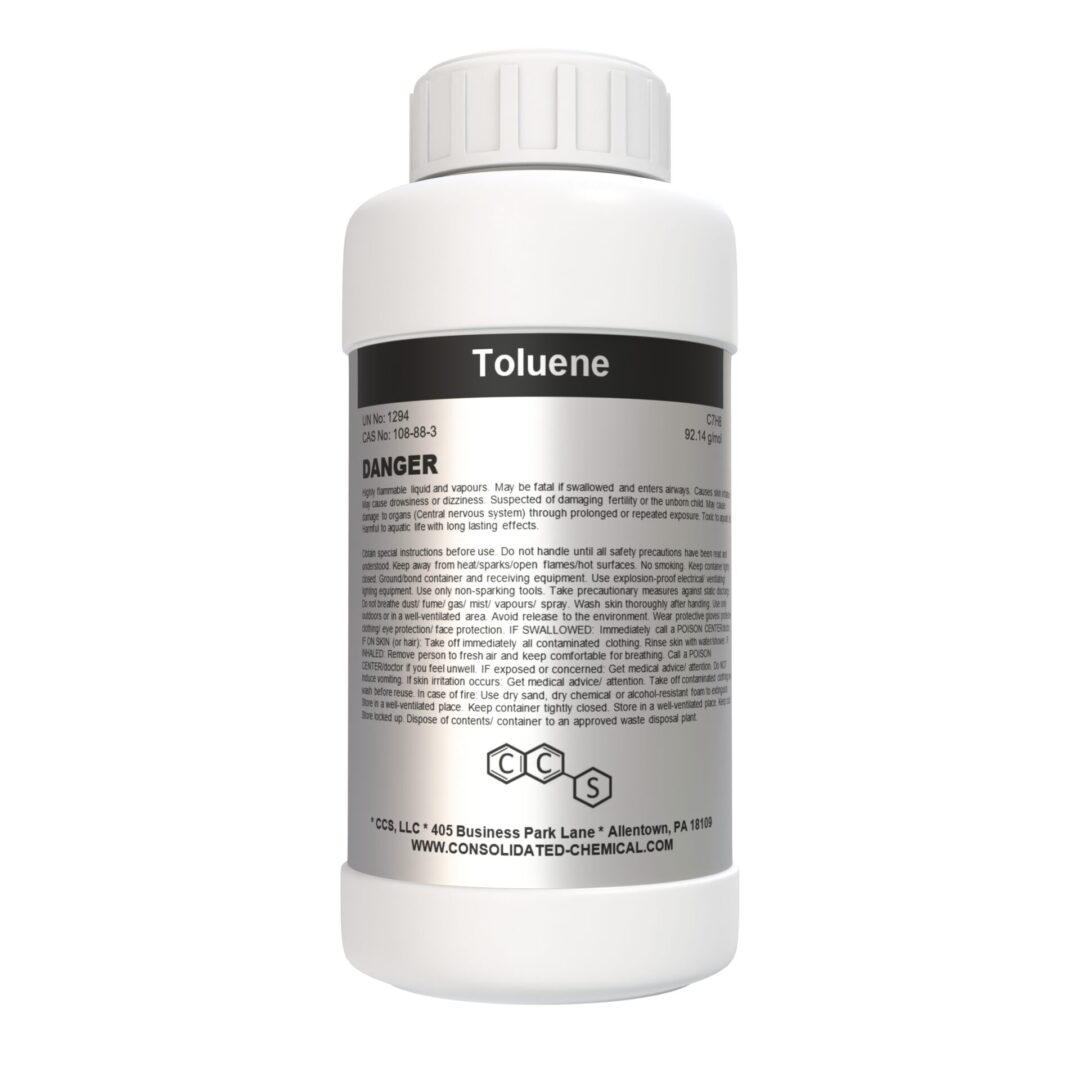
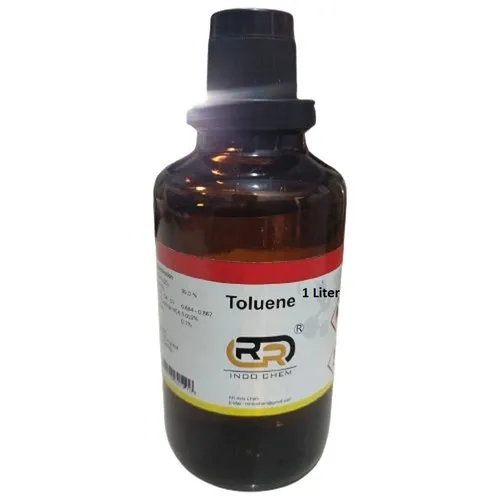

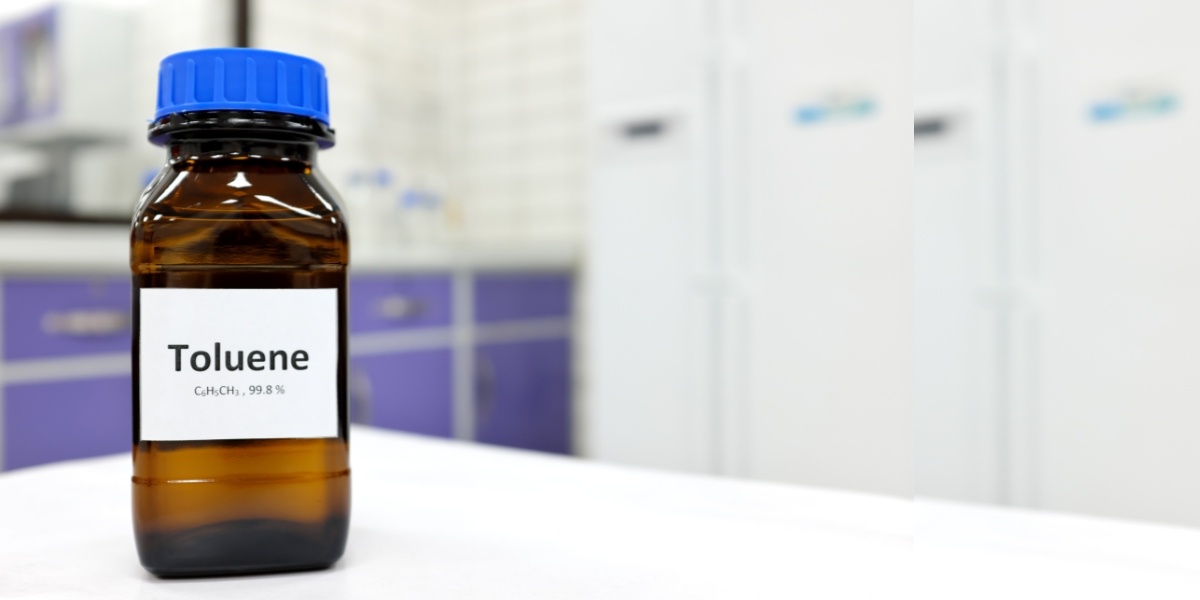
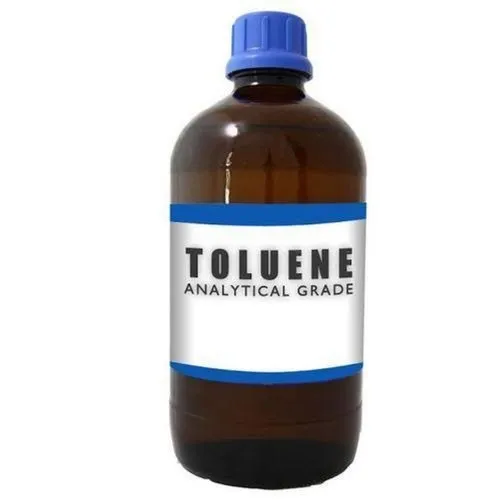
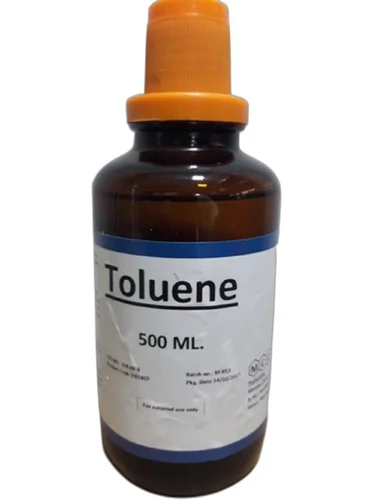
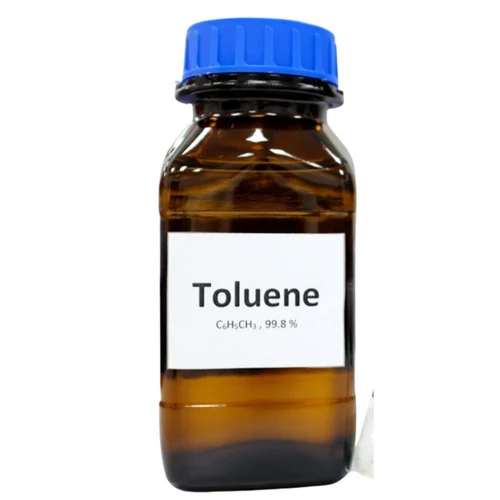

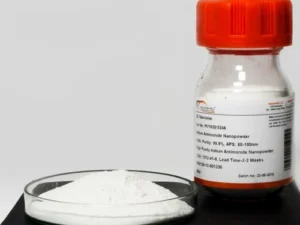


Reviews
There are no reviews yet.